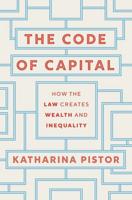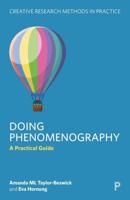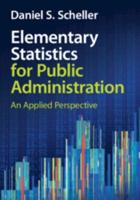Publisher's Synopsis
Presenting a critical approach to the study of public policy and policy analysis, this book offers a postpositivist foundation that challenges empiricist and technocratic approaches to policy studies. Critical Policy Inquiry draws on Jürgen Habermas's work on communicative action and deliberation, Michel Foucault's writings on discourse, and the epistemics of social constructivism.
Frank Fischer advances deliberative policy argumentation and the logic of practical reason, exploring how this can be used as a framework for interpreting the interaction of normative and empirical arguments in policy politics. He applies this approach to a diverse range of topics, including technocracy, policy expertise, deliberative democratic politics, interpretive policy analysis, post-truth, climate and Covid denialism, participatory governance, local and tacit knowledge, and the role of emotion in policy controversies. The book concludes with a look to transformative policy learning and the future of the field.
Connecting social and political theory with empirical research, this book is essential for students and scholars of public policy, politics, governance, public administration, and regulatory policy. Its practical, real-world applications will also be of value to policymakers worldwide.










